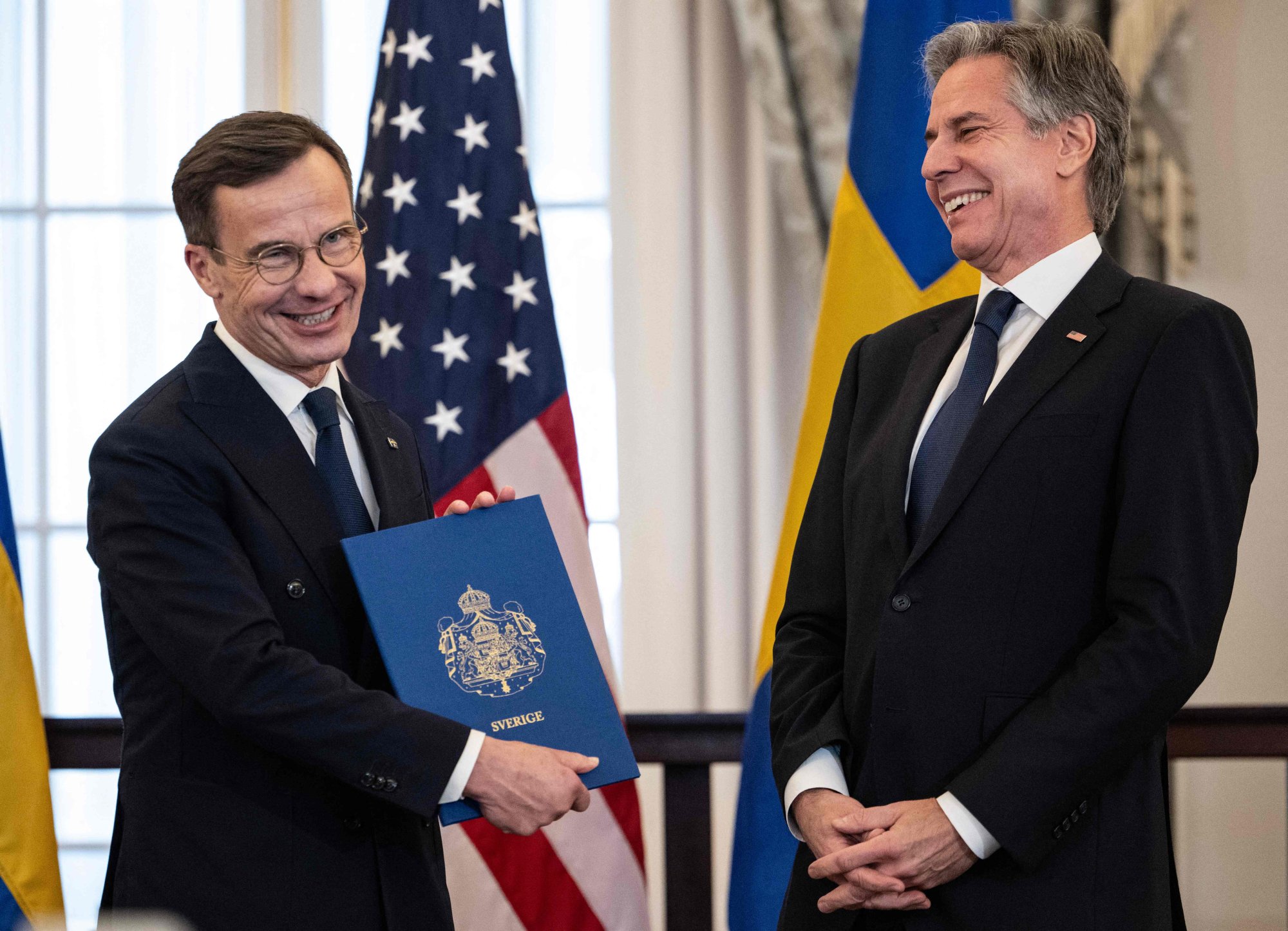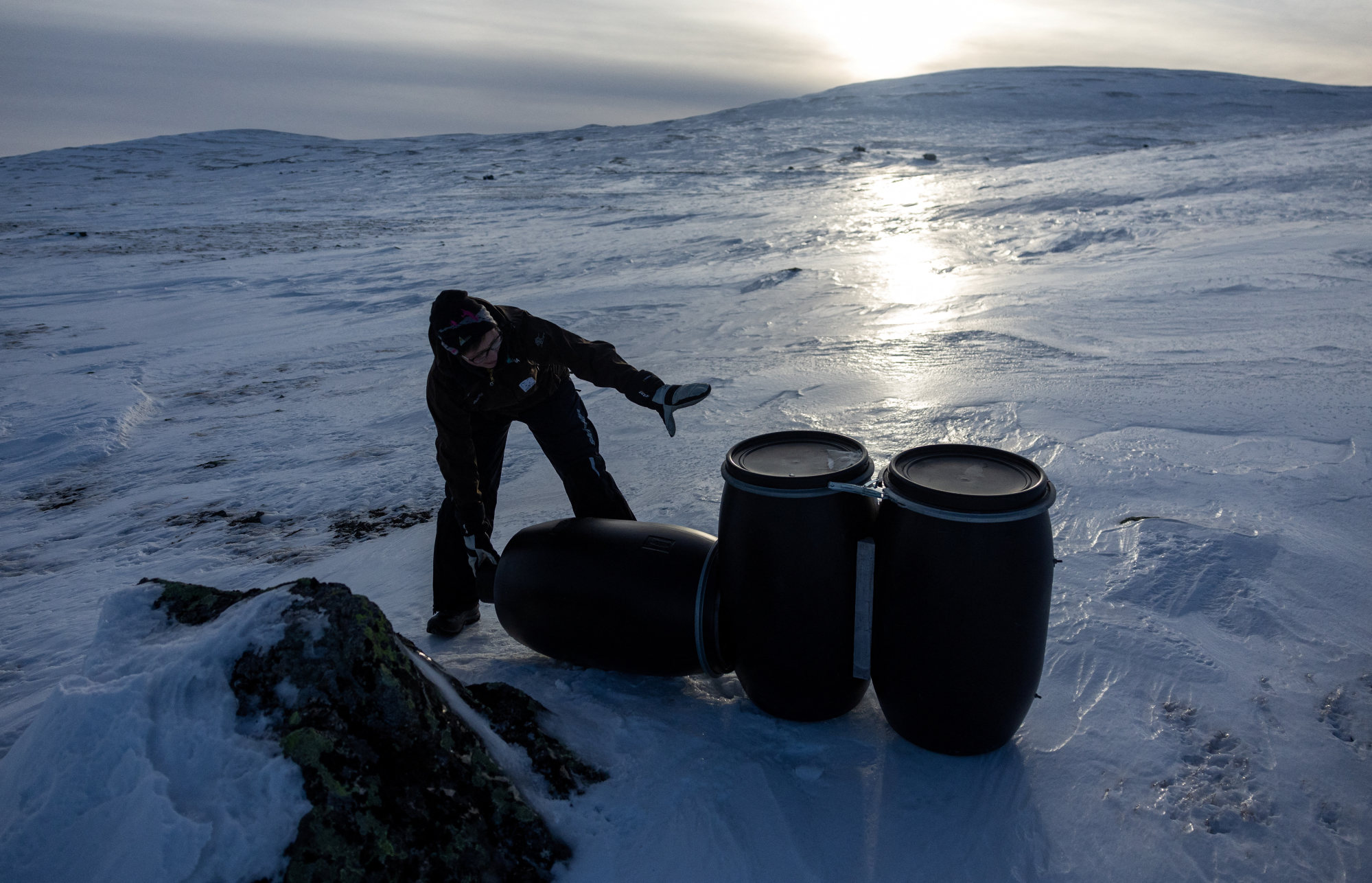Russia views the increasing presence of Nato forces near its borders as a threat and has reinforced its military capabilities in its northern and western territories to counter Nato’s expansion. While Russia has not yet considered withdrawing from the Arctic Council, it has suspended its annual payments to it.
Amid Russia’s unpredictability, Greenland is seeking stronger ties with the United States and Canada, and pushing to establish a high-level Arctic-North American forum that would include leaders from all the indigenous territories. Meanwhile, US troops stationed in Alaska, redesignated as the Arctic division in 2022, are developing as an Arctic force and collaborating with Norway, Canada, Finland and Sweden in joint exercises.

Transit cargo along the route plunged to 41,000 tonnes in 2022, from just over 2 million tonnes the year before. Last year, it made a miraculous recovery to 2.1 million tonnes, a record high, with more than 95 per cent of it comprised deliveries to or from China.
Besides Russia’s Novatek with a 60 per cent stake, the project’s shareholders are France’s TotalEnergies, China National Petroleum Corp (CNPC), China National Offshore Oil Corporation (CNOOC) and a consortium of Japan’s Mitsui and Co and JOGMEC, each with 10 per cent. These foreign shareholders have suspended participation after the US imposed sanctions, according to Russian news last December. Mitsui is reportedly withdrawing its employees from the project while TotalEnergies has started a force majeure process and will not take any LNG from the project this year.
When asked whether China’s CNPC and CNOOC had pulled out of the LNG 2 project, however, foreign ministry spokeswoman Mao Ning said both countries were continuing “normal economic and trade cooperation” and that this “should not be subject to interference or restrictions from any third party”. Both CNPC and CNOOC have reportedly asked the US government for exemptions from sanctions on the LNG 2 project.
Next month, the EU is expected to vote on proposed measures to block imports from LNG 2. But EU countries remain divided on how to phase out Russian Arctic LNG, with some voicing concern that the proposed moves may not be enough to undo long-term contracts.
As war in Ukraine freezes the Arctic Council, how will Asia engage?
As war in Ukraine freezes the Arctic Council, how will Asia engage?
Despite the geopolitical and economic shifts, however, scientific cooperation in the Arctic remains one of the few areas where the international community shares more common concerns than divergent views.
There is a long tradition of scientific collaboration between nations in this region, and the conflict in Ukraine has presented a unique challenge for climate researchers and scientists. Official Arctic Council meetings have been paused since May 2022 and with that, scientific cooperation among the eight Arctic states at the institutional level.

Nevertheless, there remains an urgent need for a global effort to adapt to climate change and mitigate its profound effect on communities, including the 40 indigenous peoples who comprise roughly 10 per cent of the Arctic’s total population of four million.
The Arctic Council’s resumption of project-level work is both significant and timely, and will help the council to fulfil its mandate as the leading and permanent forum for Arctic governance. The effectiveness of the Arctic Council’s working groups in tackling environmental, climatic and social development issues is also vital for the welfare of the Arctic communities.
Nonetheless, the uncertainty surrounding Russia’s next steps persists.
Nong Hong, PhD, is executive director and senior fellow at the Institute for China-America Studies in Washington, US, and a research fellow at the China Institute, University of Alberta, Canada

